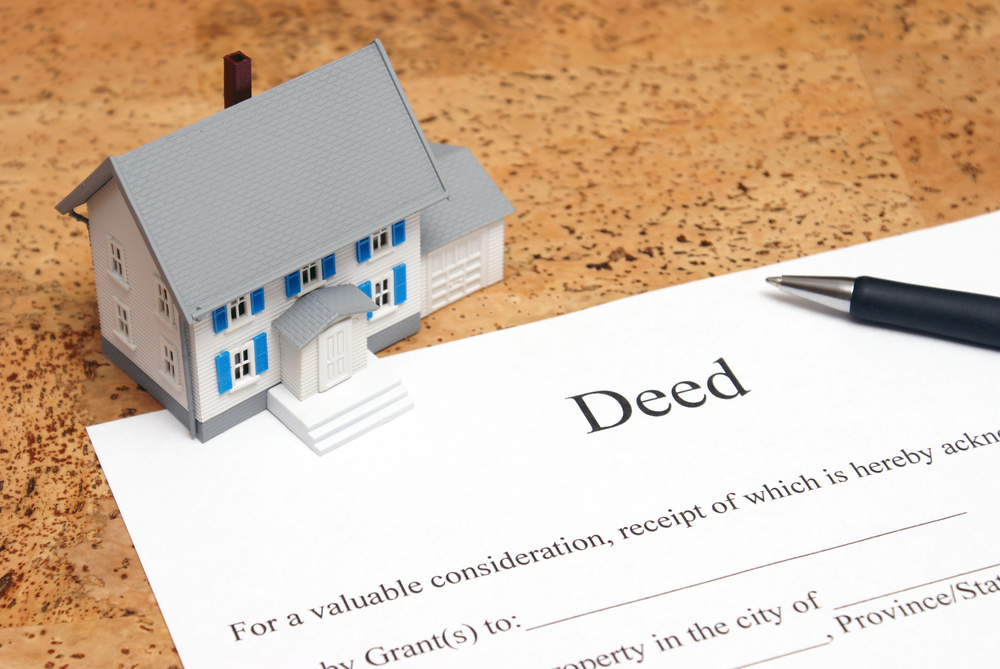What is a Covenant Running with the Land?

What is a covenant running with the land? A recent case explains the difference between a covenant running with the land and a personal covenant that does not run with the land:
“Covenants are loosely defined as ‘promises in conveyances or other instruments pertaining to real estate’ . . . [and] are divided into two categories, real and personal.” A real covenant, or covenant running with the land, “differs from a merely personal covenant in that the former concerns the property conveyed and the occupation and enjoyment thereof, whereas the latter covenant is collateral or is not immediately concerned with the property granted.” “A real covenant binds the heirs and assigns of the original covenantor, while a person[al] covenant does not.”
The primary test whether the covenant runs with the land or is merely personal is whether it concerns the thing granted and the occupation or enjoyment thereof or is a collateral or a personal covenant not immediately concerning the thing granted. In order that a covenant may run with the land it must have relation to the land or the interest or estate conveyed, and the thing required to be done must be something which touches such land, interest, or estate and the occupation, use, or enjoyment thereof.
Therefore, “to establish a valid and enforceable covenant running with the land . . . , a plaintiff must show (1) the existence of a covenant that touches and involves the land, (2) an intention that the covenant run with the land, and (3) notice of the restriction on the part of the party against whom enforcement is sought.”
Hayslip v U.S. Home Corp., Fla. L. Weekly D1798a (Fla. 2d DCA 2019) (internal citations omitted).
This recent case dealt with an issue of first impression, that being whether an arbitration provision in a special warranty deed was a covenant running with the land such that a subsequent purchaser would be bound by the arbitration provision (as the subsequent purchaser would be on notice of the special warranty deed recorded in the official records). The Second District found that the arbitration provision in the special warranty deed was a covenant running with the land and, therefore, the subsequent purchaser would have to arbitrate its construction defect dispute against the homebuilder. Please review this posting for more information on this case.
Please contact David Adelstein at dadelstein@gmail.com or (954) 361-4720 if you have questions or would like more information regarding this article. You can follow David Adelstein on Twitter @DavidAdelstein1.




